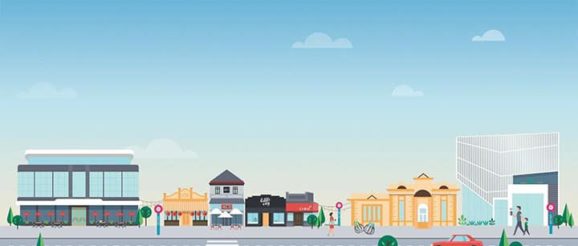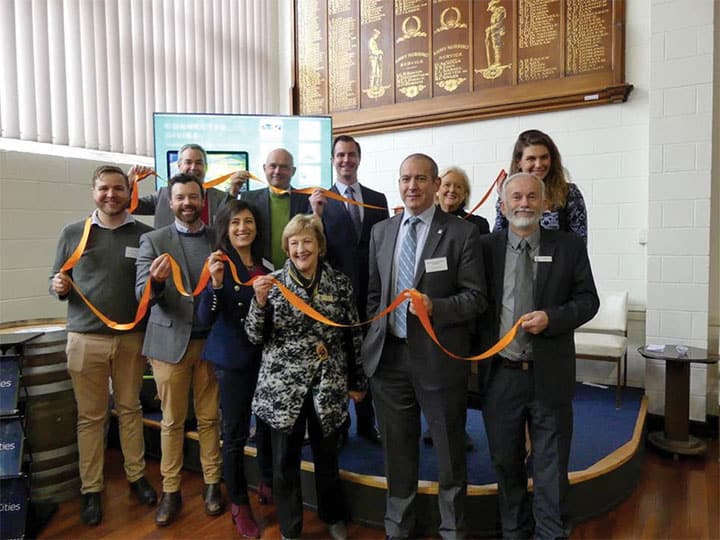Innovation is the key to being a smart city– not tech

by Chris Hannaford, Director Business and Innovation, City of Prospect
The City of Prospect in Adelaide is proof that small cities can be more agile in responding to challenges, more responsive to community needs, and will embrace fresh thinking to overcome resourcing and scale limitations.
In 2020, the City of Prospect was included in the top 21 intelligent communities in the world by the Intelligent Community Forum (ICF). This is the seventh time the city has been included in this list in the last nine years, and it was also a joint winner of Infrastructure’s Smart City of the Year Award in 2019.
One reason for this recognition is that we keep on innovating, which is necessary for a small council and in fact easier than in a larger organisation.
Big corporates have to have innovation units but our council departments work very collaboratively – you could say all our 85 staff are part of the innovation unit.
Most recently, in response to COVID-19, the council developed abrand new program in only two weeks called Prospect Delivers, which involved providing $25 redeemable food vouchers to our vulnerable residents, who then order meals from hard hit local restaurants. In the one program we can help to keep local businesses going while helping our vulnerable citizens.
Establishing an innovation precinct
Other innovation initiatives that we have been undertaking include developing an Innovation Precinct report with the University of Adelaide.
The university report outlined the importance of a dynamic local innovation ecosystem. Having a super fast GigCity connection down the main street and two co-working spaces all helps – but the key question is how do we create a cohesive innovation ecosystem from the schools to the bigger businesses?
In order to answer that, we have just launched the Prospect Innovation Awards. These will provide grants to projects that demonstrate innovative solutions for new and existing needs. Connected cities
Connected cities
Collaboration with other councils is also a hallmark of our approach to being a smart city as we have created the Connected Cities project.
The City of Prospect, on behalf of a coalition of SA local governments (consisting of City of Prospect, City of Burnside, City of Port Adelaide Enfield, Campbelltown City Council, and City of Playford) and the University of Adelaide, applied for, and received, Commonwealth funding under the Smart Cities and Suburbs Program.
Connected Cities is now a metro-wide sensor system that can count pedestrian movements on selected main streets and be a smart parking platform. It can also be used in parks to see when bins are full, when grass needs mowing and roses need watering. Its applications are now an essential part of our asset management systems.
The Connected Cities project has installed over 12 gateways and 100 sensors in parks to benefit local residents and businesses while providing the council with real-time usage data.
The large LoRaWAN network spreads from Burnside Council to Port Adelaide and north to Playford and the University of Adelaide’s Roseworthy Campus. This open network creates a unique open test bed for Internet of Things technology developed by entrepreneurs, data scientists, students and startups.
In Prospect, we have also installed a low-cost weather station, which the tennis club and Prospect community garden group have access to via a dashboard. The garden and the tennis club are both within ten metres from the LoRaWAN weather station so they can get real-time local weather even when they are out of town.
To learn more about the Prospect Innovation Awards, visit .
The post Innovation is the key to being a smart city– not tech appeared first on Infrastructure Magazine.
